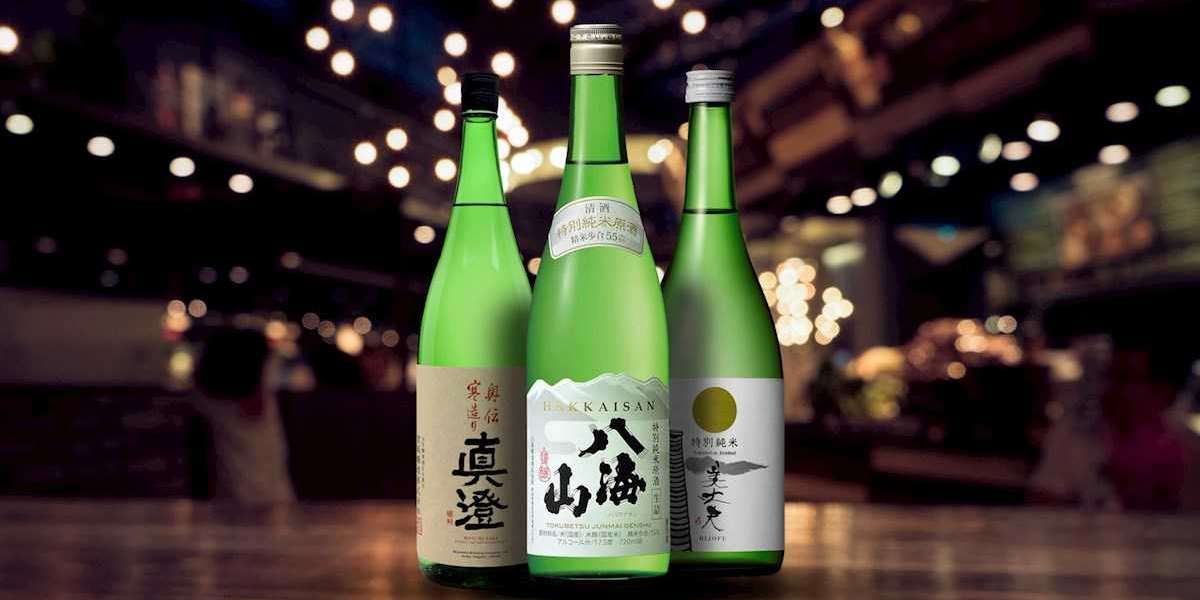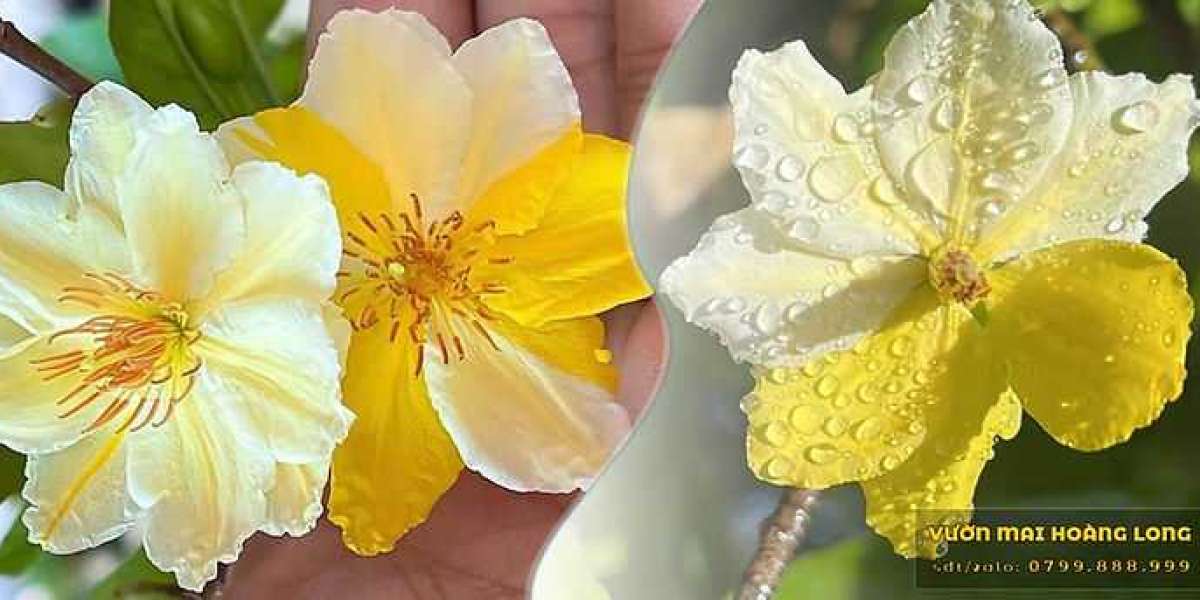The Japan Alcoholic Beverages Market was estimated at USD 81.62 billion in FY2023 and is anticipated to reach USD 98.83 billion by FY2031. The market is projected to witness a CAGR of 2.42% during the forecast period FY2024-2031. Several social and economic factors shape alcohol consumption in Japan. One of these factors is the revival of traditional alcoholic beverages, while another significant aspect is the regional variation in beverage preferences across the country due to its diverse geography.
In Japan, the legal drinking age is set at 20 years old. Social drinking holds significant importance in Japanese society, serving as a means to foster social and business connections. Additionally, it is common for Japanese families to consume alcoholic beverages regularly within the comfort of their homes. Another noteworthy aspect is the Japanese tradition of exchanging alcohol-related gifts with family members and business associates on multiple occasions throughout the year. The Japanese alcoholic beverages market offers a wide range of options, including beer, Happoshu (a low-malt beverage with similar alcohol content to beer), New Genre Beer (malt-free beer), sake or nihonshu (rice wine), shochu (a distilled spirit made from rice, sweet potatoes, wheat, and/or sugar canes), chuhai (a fruit-flavored alcoholic beverage made from shochu and water), plum wine, wine, liquors, and whiskey highball.
These growth trends reflect evolving consumer preferences, increased awareness of health and quality, and a desire for unique and authentic experiences. By aligning with these trends, businesses in the Japanese alcoholic beverages market can capitalize on opportunities and meet the changing demands of consumers.
Shifting Demographics
Japan is experiencing a significant shift in its demographic landscape. One of the primary factors driving this shift is the aging population. Japan has one of the world's highest life expectancies and a declining birth rate, resulting in a rapidly aging society. This demographic trend poses various social, economic, and cultural challenges for the country. As the proportion of elderly individuals increases, there is a greater demand for products and services that cater to their specific needs, including in the alcoholic beverages market. With an aging population, there is a growing preference for low-alcohol or alcohol-free options among older consumers who may be more cautious about alcohol consumption. This has led to the development of beverages targeted explicitly towards this demographic, such as reduced-alcohol beers.
Furthermore, the aging population also influences consumer behaviours and preferences. Older consumers tend to prioritize health and wellness, leading to a shift in demand towards healthier alcoholic beverages, such as low-calorie or additive-free options. Manufacturers and retailers are adapting to these shifting demographics by offering a wider range of choices that align with the changing preferences of older consumers.
Traditional and Craft Beverages
Traditional Japanese beverages like sake, shochu, and plum wine have deep roots in Japanese culture and traditions. These beverages hold a special place in the hearts of consumers, as they represent a connection to Japan's rich heritage. The appreciation for traditional drinks has led to their continued consumption and growth in the market. Craft beverages have recently gained popularity, including craft beer, whisky, and sake. Consumers increasingly seek unique, high-quality, handcrafted products with distinct flavours and characteristics. Craft beverages, often produced by smaller and independent breweries or distilleries, provide a niche and premium segment that attracts discerning consumers. These beverages often emphasize using local and high-quality ingredients and traditional production methods. This focus on authenticity and traceability appeals to consumers who value transparency and want to know the origin and production process of what they consume.
In June 2022, Bira 91, a beer brand, joined forces with Japan's Far Yeast Brewing Company to introduce their inaugural Gose-style beer, Yuzu Gose Sour. Typically, a Gose-style beer originates from Germany and is characterized by its low hop bitterness and utilization of wheat in the brewing process.
Government Regulations
Taxation policies in Japan have witnessed several changes over the past few decades, with variations based on the alcohol by volume (ABV) of different beverages. In the most recent development, the government outlined plans for 2022 to implement a gradual transition in tax rates. The objective was to reduce taxes on beer and sake, while simultaneously increasing taxes on low-malt beers, wine, and chuhai (cocktail drinks with an ABV of less than 12%). This adjustment in taxation aimed to create a more balanced tax structure that aligns with the characteristics of each beverage category.
By implementing these changes, the government seeks to address disparities in the tax rates and ensure a fair and consistent approach to taxation across the alcoholic beverages market in Japan. The distribution and sale of alcoholic beverages are regulated to ensure compliance with licensing requirements, prevent illegal trade, and promote responsible practices. This includes restrictions on sales to underage individuals, operating hours of establishments, and penalties for violations.
Popularity of Umeshu and Fruit-based Liquors
Umeshu and fruit-based liquors play a crucial role in driving the Japanese alcoholic beverages market due to several factors. Firstly, they offer unique and distinct flavours that appeal to consumers seeking novel taste experiences. Secondly, these beverages cater to the growing demand for versatility in consumption. As they can be enjoyed in multiple ways, such as straight, on the rocks, or mixed into cocktails, allowing consumers to explore different serving options based on their preferences. Thirdly, these drinks hold cultural significance in Japan, since they are often associated with celebrations and hospitality, creating a strong emotional connection with consumers. Lastly, using natural ingredients in umeshu and fruit-based liquors resonates with consumers' preferences for authentic, high-quality products. Incorporating real fruits enhances the perceived value and adds to the overall appeal of these beverages.
To summarise, Umeshu and fruit-based liquors drive the growth of the Japanese alcoholic beverages market through their unique flavors, versatility, cultural significance, and alignment with consumer preferences for natural and authentic products. Keeping this trend in view, recently, in May 2023, Suntory, a prominent beverage company in Japan, revealed plans to launch a limited edition of their renowned "Suntory Plum Wine (Yamazaki Distillery Storage) EXTRA BLEND" across the country.
Rising Interest in Whiskey
The Japanese whiskey industry has gained international recognition for its exceptional quality and craftsmanship. The whiskey distilleries in the country have won numerous awards, raising the profile of Japanese whiskey globally. This recognition has sparked consumer curiosity and interest, both domestically and internationally, driving the demand for Japanese whiskey. The Ichiro's Malt Grain Japanese Blended Whisky Limited Edition 2023 has again been crowned the World's Best Blended Limited Release, reclaiming its prestigious title. This highly anticipated annual release has consistently achieved this recognition since 2018, except 2022.
There is an increasing number of whiskey bars, tasting events, and educational initiatives further evolving the whiskey culture. These platforms allow consumers to deepen their knowledge and explore different whiskey varieties. The rising interest in whiskey has led to a vibrant and engaged community of whiskey enthusiasts, contributing to the market's growth. The rising interest in whiskey, driven by international recognition, unique flavours, evolving whiskey culture, and the premiumization trend, has played a significant role in driving the growth of the Japanese alcoholic beverages market.
Impact of COVID-19
The COVID-19 pandemic had a significant impact on the Japanese alcoholic beverages market. With restrictions on dining establishments and social gatherings, on-premises consumption declined, leading to a shift towards off-premise consumption. Craft breweries and small producers faced challenges due to reduced foot traffic and limited distribution channels. Disruptions in global supply chains affected the availability of certain imported products. Consumer preferences shifted towards premium and high-quality beverages for at-home consumption. E-commerce platforms have become vital for reaching consumers. The full extent of the impact is still evolving as the pandemic unfolds.
Japan Alcoholic Beverages Market: Report Scope
"Japan Alcoholic Beverages Market Assessment, Opportunities, and Forecast, FY2017-FY2031F”, is a comprehensive report by Markets and Data, providing in-depth analysis and assessment of the current scenario of the alcoholic beverages market in Japan, industry dynamics and opportunities, and forecasts (FY2024-FY2031). Additionally, the report profiles the leading players in the industry mentioning their respective market share, business model, competitive intelligence, etc.
Click Here:https://www.marketsandata.com/industry-reports/japan-alcoholic-beverages-market
About Us:
Markets and Data provides a comprehensive/ panoramic understanding of markets at global, regional, and country levels. Examine changing consumer preferences, emerging challenges, underlying trends, and growth prospects to accelerate your business strategies.
Latest Reports:https://www.marketsandata.com/industry-reports/video-surveillance-and-vsaas-market
https://www.marketsandata.com/industry-reports/photonic-integrated-circuit-market
Contact
Mr. Vivek Gupta
5741 Cleveland street,
Suite 120, VA beach, VA, USA 23462
Tel: +1 (757) 343-3258
Email: info@marketsandata.com
Website: https://www.marketsandata.com








